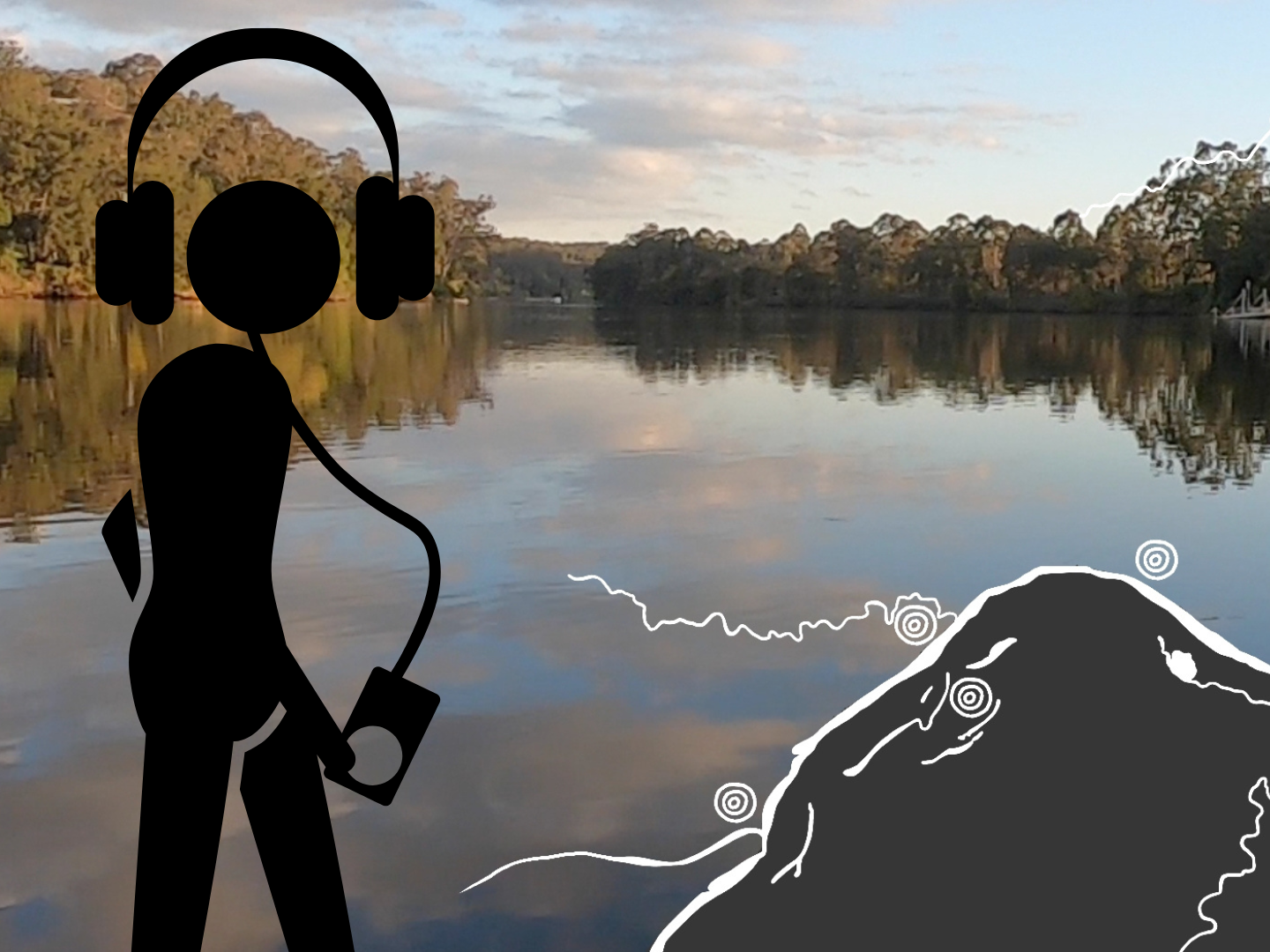Today Senator Janet Rice, Greens spokesperson for forests, will introduce the Ending Native Forest Logging Bill 2023 into the Parliament. This Bill seeks to put an end to native forest logging in Australia by repealing the Regional Forest Agreements Act 2002 and closing a loophole in our national environmental laws.
The Environmental Protection and Biodiversity Conservation Act 1999 sets out the Commonwealth’s responsibility to protect our environment. This Act is supposed to reflect the Australian Government’s international commitments to preserve the places we love and protect biodiversity.
However, under the Regional Forest Agreements, established between state and federal governments, logging operations are given a special exemption. This means that the regulation and protection of Australia’s precious forests are effectively left to state governments.
These are the same governments who own the Forestry Corporation NSW and so called Sustainable Timber Tasmania – logging agencies who time and time again have recklessly destroyed irreplaceable forests.
Recent weeks have shown that endangered native species are under heightened threat, from the Greater Gliders in NSW to the Swift Parrots in Tasmania. Habitat for these endangered animals have been destroyed by native forest logging for centuries, and until native forest logging is permanently outlawed, Labor’s pledge of zero extinctions is impossible.
As stated by Senator Janet Rice, Greens spokesperson for Forests:
“The time for native forest logging is over.
“Just a few days ago, it became clear that the Swift Parrot recovery plan announced by Minister Plibersek on threatened species day isn’t actually a recovery plan, it’s just a plan for a plan, and completely ignores the main threat to the species – native forest logging.
“With only 750 Swift Parrots left in the wild, protecting their habitats and ending native forest logging is non-negotiable.
“Two weeks ago, a dead, endangered Greater Glider was found in the Tallaganda State Forest in NSW after a logging operation. Despite the significance of this forest as a habitat this and other endangered species, for being unceded Country for traditional owners, for its role in soaking and storing carbon and as a destination for hikers, mountain bikers and keen bird watchers – our national environmental laws failed to stop the initial destruction of the Tallaganda.
“It’s time for native forest logging to end. State logging agencies cannot be trusted, and neither can their state government owners.
“Ending native forest logging is a win for First Nations heritage and culture, and for the threatened species and wildlife.
“Importantly, ending native forest logging will also be a huge win for the climate. Logging native forests continues to be a huge driver of emissions. It is estimated that the end of native forest logging in Victoria alone will save 3.35 million tonnes of carbon emissions per year.
“To reach zero extinctions and zero emissions, then this Bill must urgently be passed.”
Senator Sarah Hanson-Young is Greens Environment Spokesperson:
“We cannot protect our threatened wildlife while we continue to log their homes.
“In 2023 in the midst of a global extinction and climate crisis there is no excuse for Australia to keep logging our great forests.
“Spin and selfies will not save threatened species, for that we need to fix our environment laws and stop native forest logging.








